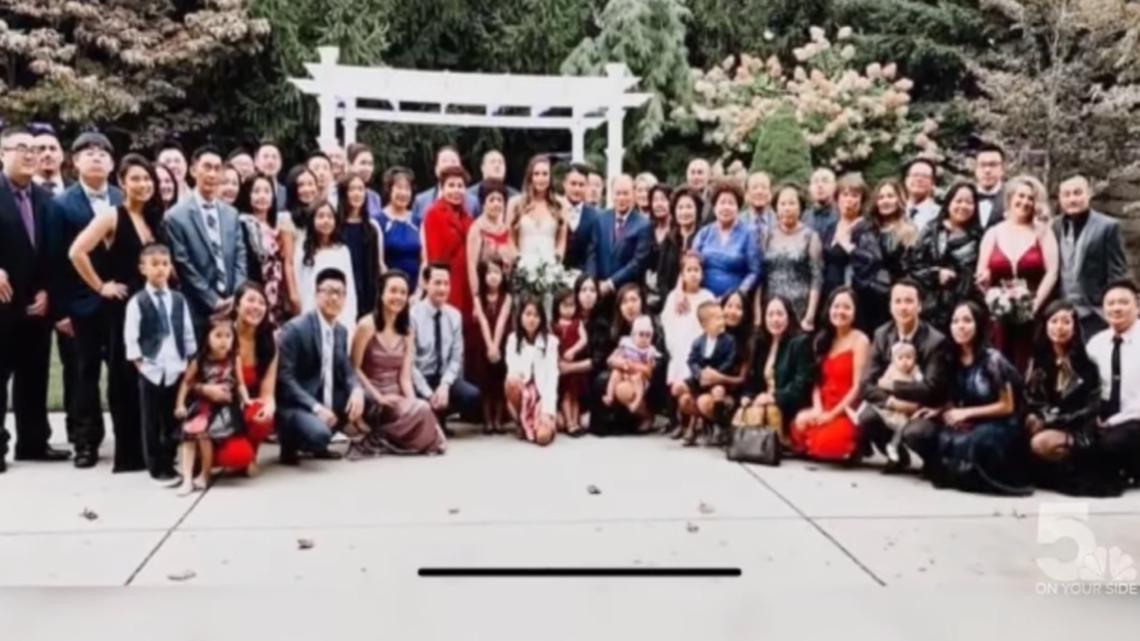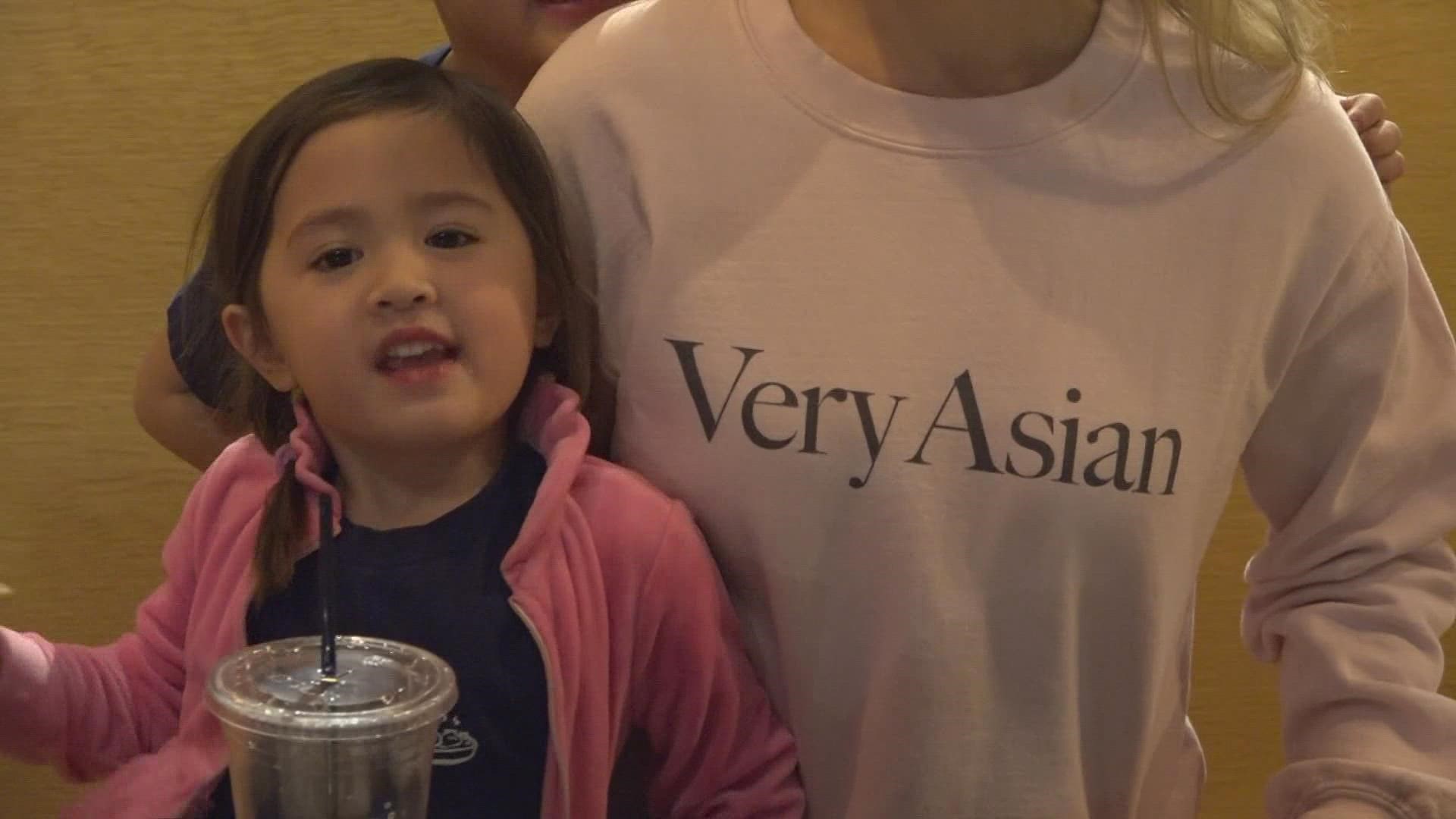ST. LOUIS — There's a sentiment in the Asian American, Native Hawaiian and Pacific Islanders (AANHPI) community that Asians are perpetually foreign, and in St Louis sometimes, invisible.
But there's at least one family who came here with nothing and built a family empire that is now supporting others and lasting generations.
Each meal is flipped into perfection at Hong Kong Express on Grand and St. Louis, from chicken wings to fried rice. The restaurant is a representation of where the Ly family traveled from years ago.
The Ly family left Hong Kong in 1979 by boat and drifted to the US. It took more than three months to get here, and it took sacrifice, determination, and courage.
Phan Ly is one of 14 children and helped start the legacy of the restaurant with her passion for cooking.


"I'd say of all her siblings, she has probably the most passion," said Cevin Ly, Phan's son, who now is part of running the family business."
The Ly's mission was to open Hong Kong Express and use it as a way to get their kids into college. Cevin was pretty young when the business began to boom.
"I was literally a kid, you know, just being raised in the back," said Cevin.
Cevin's cousin and siblings worked their way through high school and college while putting in hours at the restaurant. Six years after the Ly family opened Hong Kong Express, they opened a nail salon next door before relocating to Des Peres. Cevin says it was a necessity because of language barriers, but business after business, the Lys started making a name for themselves in St. Louis.
Many of the younger Lys are now working for major corporations and tech companies. Cevin used his family's entrepreneurial spirit to open a restaurant of his own but eventually opened his space to family friend Tuyen Hua, who runs the popular Vietnamese restaurant Pho Long. It's right next to Hong Kong Express.
"It helps that we have that network so that when something's short, we try to accommodate and try to help out each other," said Hua.
Resilience is what it took to build this neighborhood staple that is now helping others.
"You give a lot of appreciation for those businesses that have been so resilient—that have been here, trying new things to introduce a culture to an area where you don't have that exposure," said Hua.
That resilience is what it will take to continue building a legacy for the next generation.

